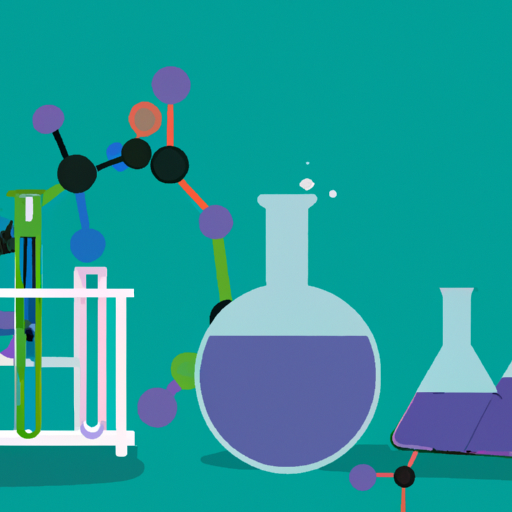
Pesticides play a crucial role in modern agriculture by combating pests, diseases, and weeds to ensure crop yield and quality. These chemical substances come in various forms, including herbicides, insecticides, and fungicides, each targeting specific types of pests. While pesticides are effective in controlling crop damage, they also pose risks to human health and the environment if not used responsibly.
Regulatory bodies worldwide set stringent guidelines for pesticide registration, usage, and application to minimize adverse effects. Integrated Pest Management (IPM) strategies promote a balanced approach to pest control by combining biological, cultural, physical, and chemical methods. This approach aims to reduce pesticide dependency while preserving ecosystem health.
Farmers and agricultural professionals undergo training to manage pesticides safely and efficiently. They follow label instructions, practice proper storage, handling, and disposal methods to prevent environmental contamination. Monitoring and evaluating pesticide effectiveness and potential risks are essential components of pesticide management to ensure sustainable agricultural practices.
In conclusion, pesticides are valuable tools in modern agriculture, but their usage requires careful consideration and adherence to regulations for human and environmental safety. Implementing responsible pesticide management practices and exploring alternative solutions can help mitigate the risks associated with pesticide use, ultimately promoting sustainable farming practices.
